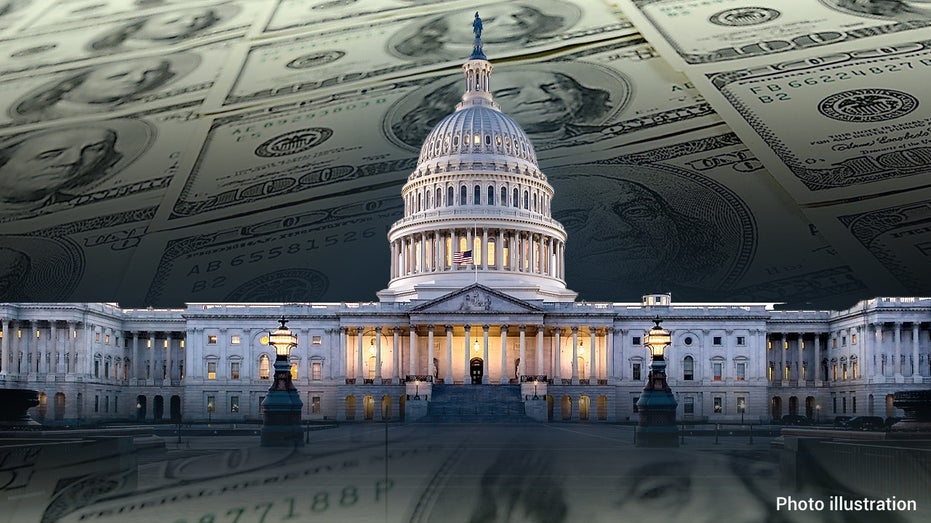Trump's Spending Bill Moves to Senate as Republicans Prepare Strategic Adjustments to Key Provisions
Senate debates heated over Trump's "Big, Beautiful Bill" as Republicans clash on its contents and cost-cutting strategies.

The much-discussed "Big, Beautiful Bill" is expected to undergo significant revisions as it heads into Senate debate next week. Lawmakers anticipate that several provisions popular among House Republicans—particularly those from high-tax states like California and New York—could be on the chopping block, leading to potential tension between chambers.
Among the most closely watched elements is the fate of the state and local tax deduction, or SALT. Senate Republicans are poised to scale back or even eliminate these deductions, which has put them at odds with their House counterparts who represent districts where constituents rely heavily on SALT for tax relief. Representative Mike Lawler of New York has publicly stated his willingness to oppose the bill should the Senate move to strip out SALT benefits, highlighting the delicate regional balancing act lawmakers must perform.
Fiscal conservatives in the Senate are also pressing for deeper cuts to entitlement programs, with a particular focus on Medicaid. However, Senators Josh Hawley of Missouri and Jim Justice of West Virginia face competing pressures since their states have large populations dependent on Medicaid coverage. Their reluctance signals the challenges leadership faces in crafting a compromise that satisfies both budget hawks and senators mindful of their constituents’ needs.
Another contentious issue involves the no-tax-on-tips provision included in the original House version of the bill. Senator Thom Tillis of North Carolina has called for this provision to be amended, arguing that exempting only tipped workers from taxes is unfair to other sectors. This proposal could further complicate negotiations as different groups compete for favorable treatment under the legislation.
Additionally, the Senate appears likely to remove House-adopted measures related to artificial intelligence and changes affecting federal judges. These sections may run afoul of the chamber’s strict budgetary rules, leaving little room for policy agendas not directly connected to fiscal matters.
As debate draws near, the coming days will be crucial in determining the scope and content of the final legislation. With numerous factions—ranging from regional interests to ideological divides—vying for influence, the journey toward passing the "Big, Beautiful Bill" promises to be anything but straightforward.




